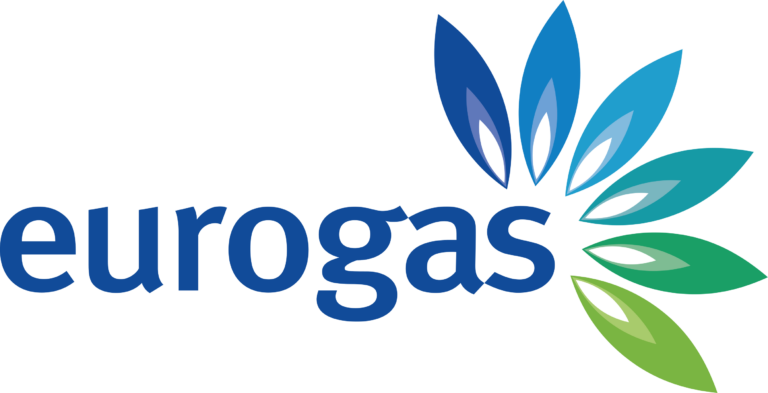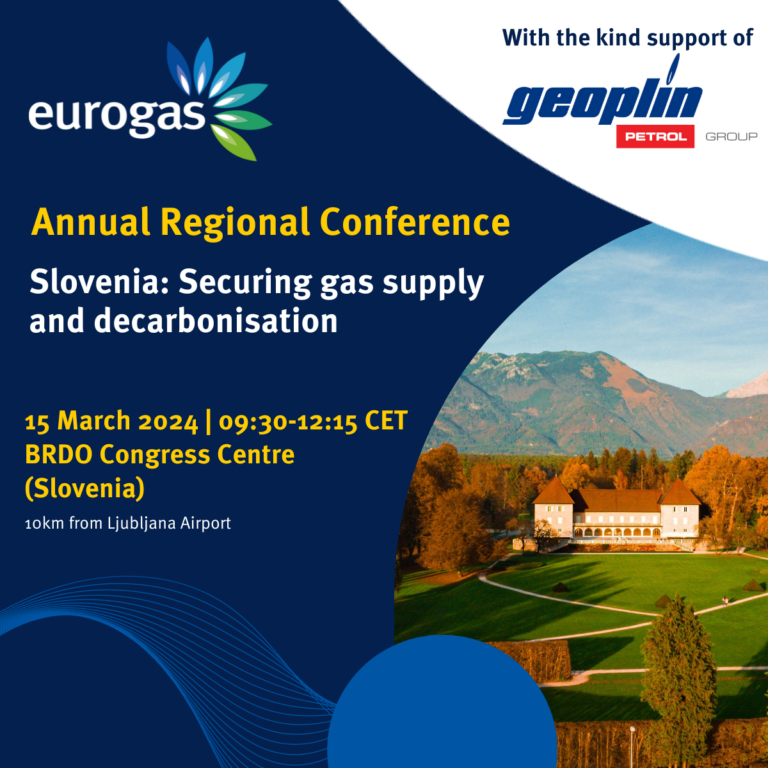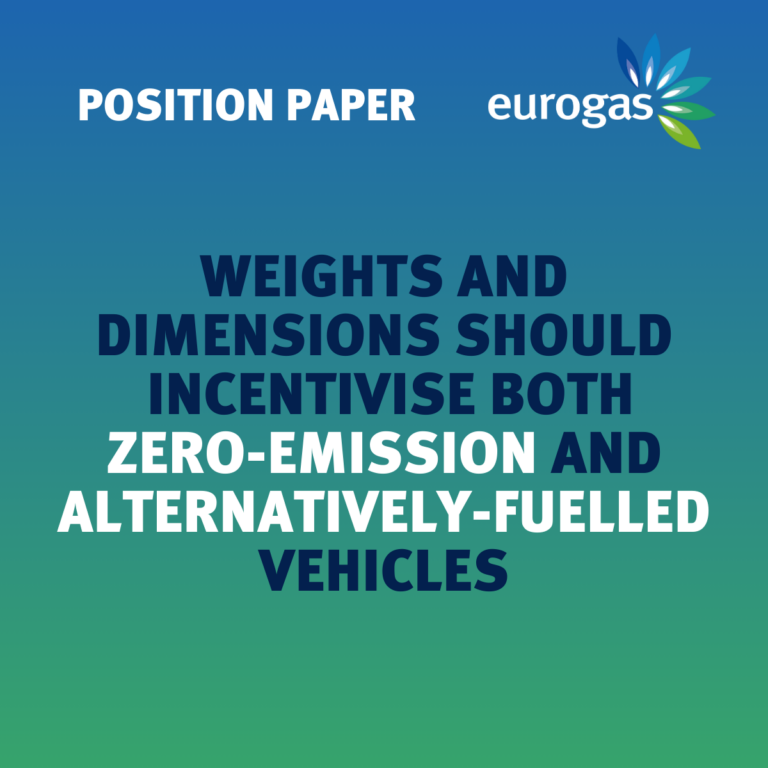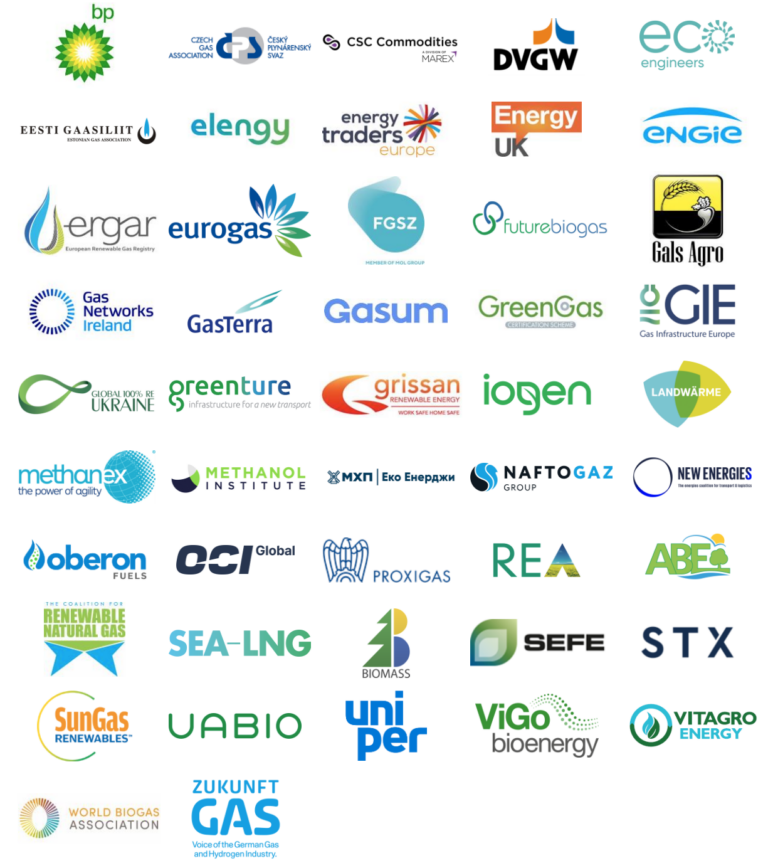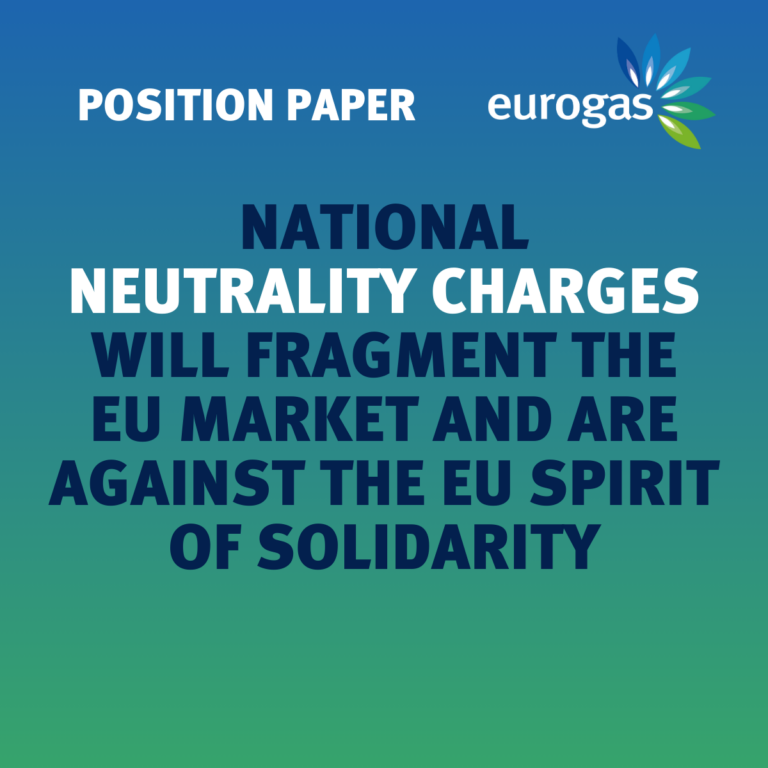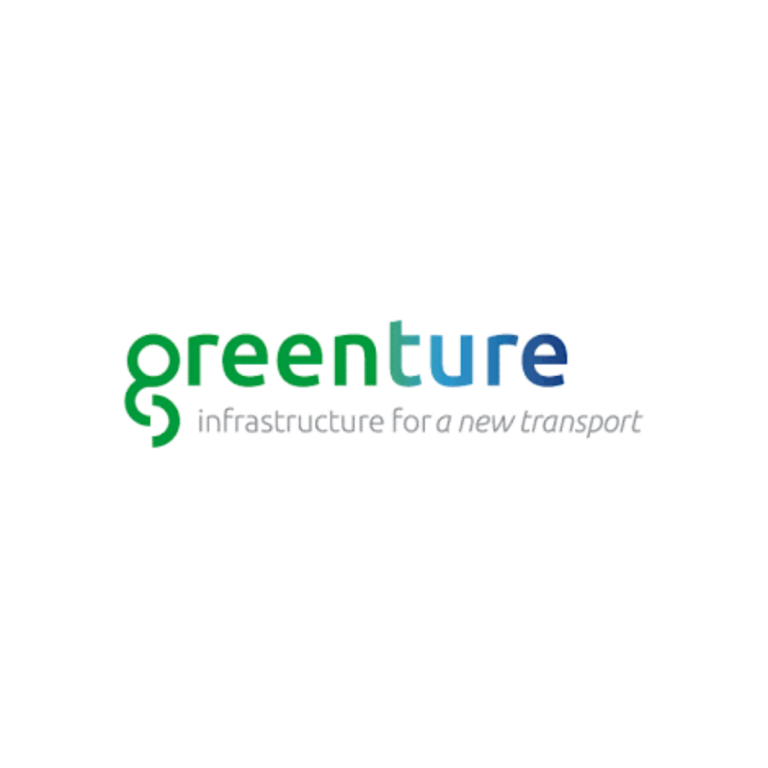Savings from efficient, future-proof technologies are needed and should be acknowledged under the annual energy savings obligation, also for heating
Brussels, 21 June 2022
Dear Ambassadors,
Dear Deputy Permanent Representatives,
Dear Energy Attachés,
On 27 June, the Council of the European Union is expected to reach a General Approach on the recast of the Energy Efficiency Directive (EED), which has become critical not only to meet our 2030 and 2050 climate targets, but also to reach the REPowerEU goals, thereby ensuring Europe’s energy independence and a swifter decarbonisation of our economy and society.
In light of the current COREPER discussions on the EED draft general approach, and in view of the upcoming Energy Council, key stakeholders have gathered to recall the importance of adopting a multitechnology and multi-energy vector approach to decarbonisation across all sectors, based on energy efficiency and systems integration applied across the entire energy value chain, to be reflected it into the entire Fit for 55 package, including the EED.
In particular, the revised EED should acknowledge the importance of renewable and decarbonised gases and fuels, such as sustainable biogas and biomethane, renewable liquid gases, bioliquids and hydrogen, for which REPowerEU sets ambitious targets1. It should also promote their use within efficient technologies in all sectors, including residential heating, as a necessary complement to increasing electrification.
The draft version of the EED general approach from 13 June (REV6)2 includes several positive elements in this respect. In particular, it allows for accounting, under the annual energy savings obligation, savings from efficient technologies, which do not lead to lock-in effects, by ensuring future compatibility with climate-neutral alternative fuels.
However, this new addition is limited to combustion technologies deployed in the industrial sector only, by energy-intense enterprises. We believe that the role of efficient technologies, ready to use renewable and decarbonised gases and fuels, should be fully considered for residential heating as well.
Extending the energy savings obligation to savings achieved through all efficient heating solutions in buildings will help address the immense challenge of decarbonising Europe’s diverse building stock. A diversified mix of efficient heating solutions will tackle the differences among energy systems and the availability of electricity, gas and district heating grids. Moreover, it will address the significant seasonality of heating, while reducing the need for power grids reinforcements, supporting customer choice and affordability.
We thus call for a wider recognition of the energy savings resulting from future-proof technologies, compatible with renewable and climate neutral alternative fuels, also in the heating and building sector.
We trust you will duly consider our proposal, and we strongly hope that this will be reflected into the upcoming Council’s general approach.
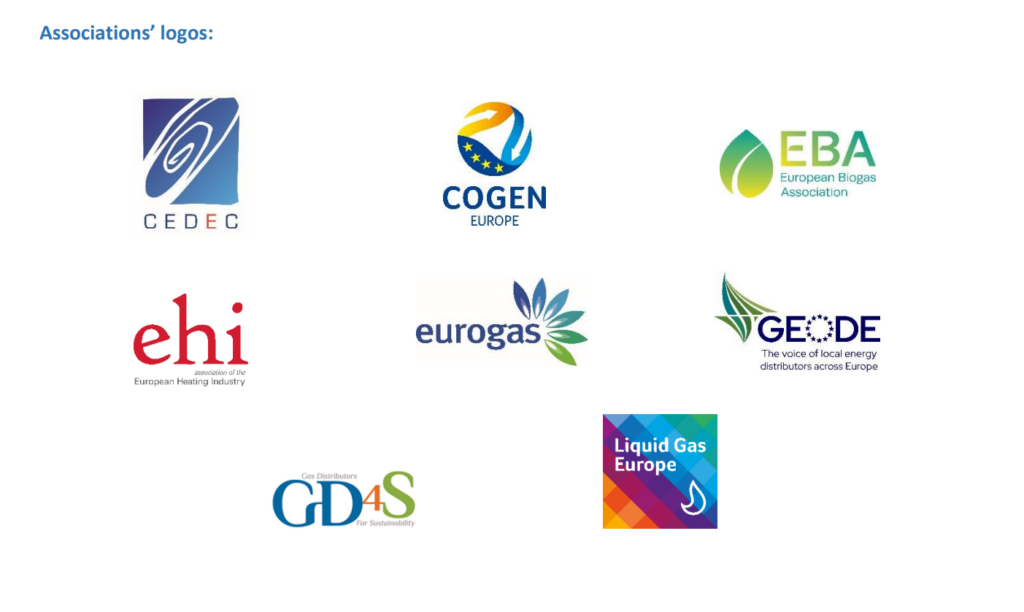
1. 10 million tonnes of domestic renewable hydrogen production and 10 million tonnes of renewable hydrogen
imports by 2030; increase sustainable biomethane production to 35 bcm by 2030. Source: REPowerEU Plan
communication, 18 May 2022: https://eur-lex.europa.eu/resource.html?uri=cellar:fc930f14-d7ae-11ec-a95f01aa75ed71a1.0001.02/DOC_1&format=PDF.
2. https://data.consilium.europa.eu/doc/document/ST-9885-2022-INIT/x/pdf
Download pdf HERE.
